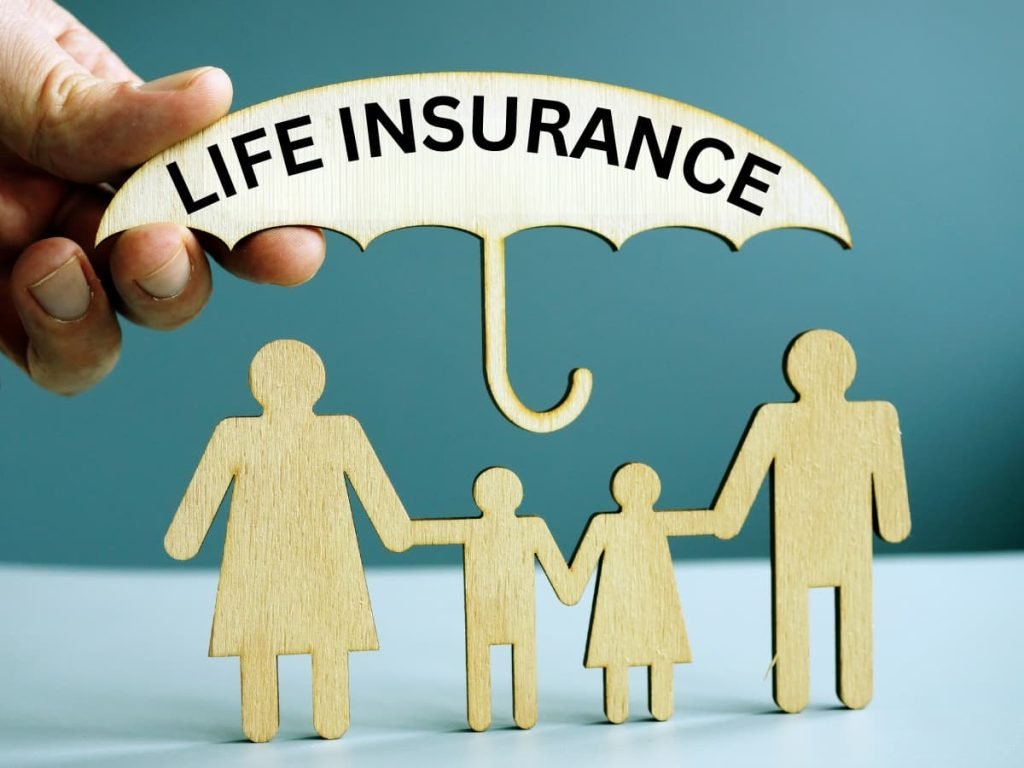LIFE INSURANCE
Life insurance is an important form of financial protection for families in the event of tragedy. The choice of the type and amount of life insurance depends on each person’s financial needs and individual circumstances.

Types of Life Insurance
There are several types of life insurance, but the two main types are Term Life Insurance (also known as term) and Permanent Life Insurance (such as whole life or universal life insurance) among others.
- Beneficiary – beneficiaries are the people you choose to receive the money from the life insurance policy.
- Cash value – is a portion of permanent life insurance that you can use to pay off your loans, such as cash or to pay policy premiums. Cash value generally accumulates over time and can be used while you are still alive.
- Death benefit – the amount paid to the beneficiary when the policyholder dies.
- Assets – the money and property owned by a given person, especially at death.
- Guaranteed Renewal – a policy that must be renewed by the insurance company as long as you continue to pay your premium.
- In-force illustration – the in-force illustration is a picture of your insurance policy. It will show you exactly what has happened from the beginning of your policy to the present date, and what may happen in the future, maintaining current assumptions. The illustrations normally show values according to current assumptions, as well as values according to the warranties provided under the policy.
- Maturity date – the date the life insurance policy is paid out.
- Policy – a contract between you and your insurance company. The policy tells you what is covered and what the insurance company is obligated to pay.
- Premium – the fee you pay to the insurance company for your policy.
- Important Note – The cash value and death benefit of a life insurance policy are generally exempt from creditors, claims in bankruptcy proceedings, foreclosure, attachment or other legal process.
Types of Life Insurance Policies
Temporary Life
Temporary policies-as their name implies, they are intended to cover insurance needs that are temporary. Such as paying off a mortgage or other debt, or paying college expenses.
Permanent Life
These policies offer coverage for your lifetime and have other features and benefits. Permanent life insurance provides a death benefit and cash value. The unique feature is the cash value savings component that grows over time. These policies offer financial flexibility because they allow you to withdraw, invest or borrow from cash value earnings while you are alive. You can also use the cash value to pay future premiums.
OTHERS
Life Insurance Shopping Guide

Know Your Rights
Obtain your Insurance in a Fast, Effective and Efficient way.
Explore our wide selection of services that meet a variety of needs, ensuring complete customer satisfaction.
